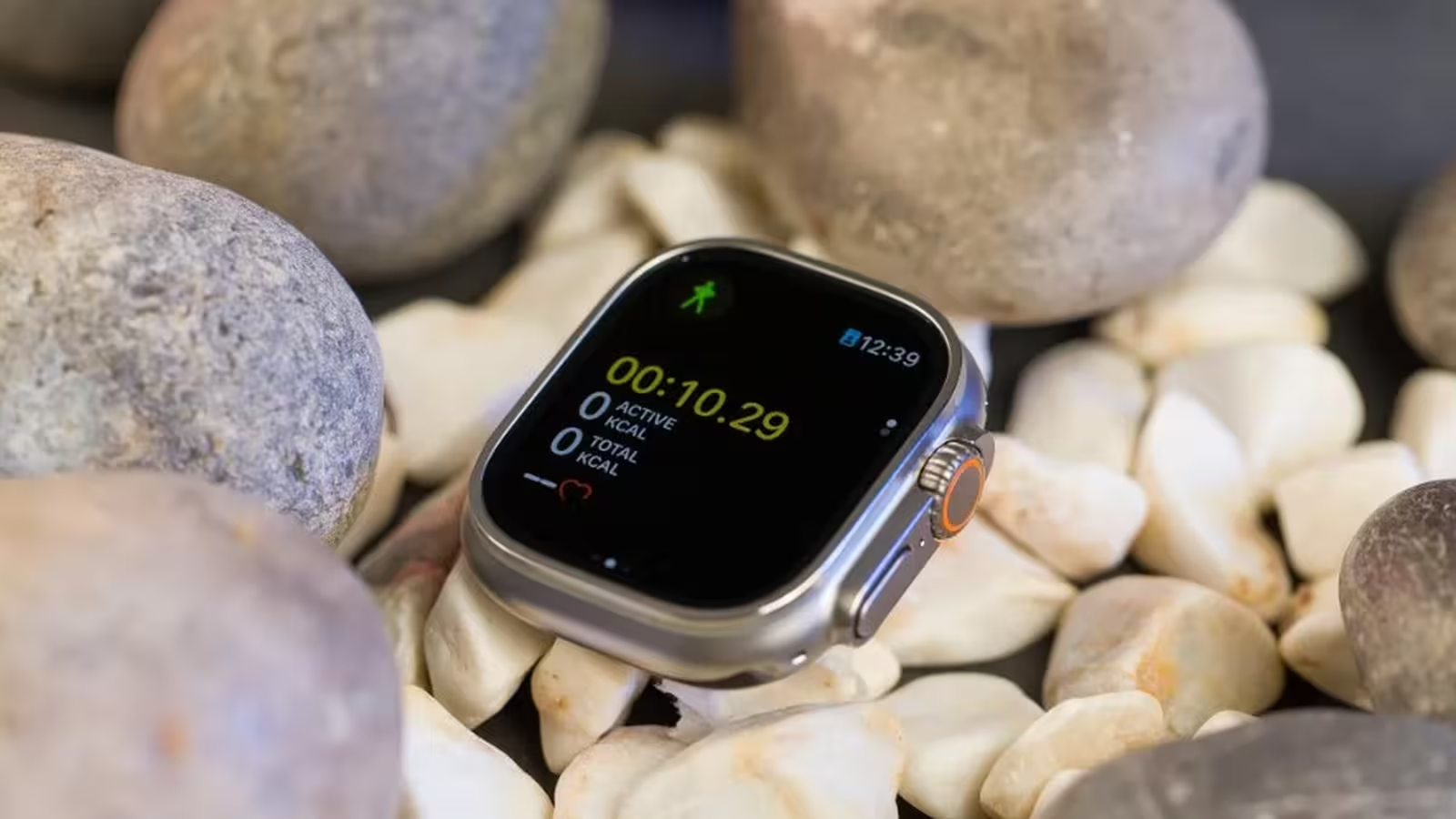2 Minutes
Apple Watch Accuracy Under the Microscope
The Apple Watch has become a leading wearable device for health and fitness tracking, but new research suggests that it may not be the best option for those seeking precise calorie burn data. According to a comprehensive analysis conducted by the University of Mississippi, while the Apple Watch excels in monitoring heart rate and step counts, its calorie estimation features leave much to be desired.
Breakdown of Key Findings
The study aggregated data from 56 previously published reviews evaluating several models of the Apple Watch against clinical-grade monitoring equipment in three core areas: heart rate tracking, step counting, and energy expenditure estimation. Findings reveal that the average absolute error for heart rate was 4.43% and for steps 8.17%—both considered acceptable ranges for consumer health devices. However, when it came to calorie calculation, the average error rate jumped dramatically to 27.96%, over three times the accepted standard.
Understanding the Errors in Calorie Counting
This discrepancy was found consistently across various user demographics and a wide range of physical activities. The research concludes that, while the Apple Watch and similar smartwatches are excellent for tracking fitness routines and encouraging healthy habits, users should not treat their calorie estimates as definitive or clinically accurate.
Product Features and Industry Implications
Apple has positioned the Apple Watch as a versatile tool for general health and wellness, not for clinical diagnosis. Newer models provide incremental improvements in accuracy, yet calorie tracking remains unreliable. These findings highlight the importance of understanding wearable technology limitations, even as manufacturers enhance sensors and algorithms.
Comparisons and Use Cases
Compared to older generations, the latest Apple Watch versions do show better performance, yet none meet medical standards for calorie estimation. For most users, the device offers significant advantages in tracking daily activity, motivating healthier lifestyles, and providing valuable health insights—but should be used as a supportive, not sole, fitness measurement tool.
Market Relevance and Developer Feedback
This research is not intended to discredit wearable fitness trackers but to inform consumers and guide future innovation. By identifying these gaps, feedback can help developers refine sensor technology and improve software algorithms, ultimately benefiting the entire wearable tech ecosystem.
Source: eurekalert



Comments